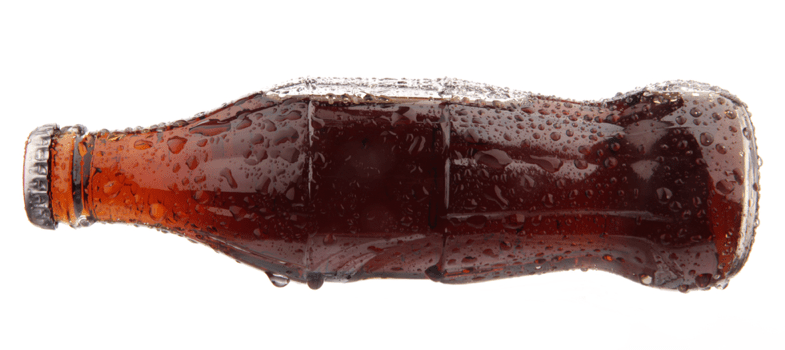
Last week, Coca-Cola took an intriguing approach to the growing trend of “brands as publishers.”
Calling it Coca-Cola Journey, Coke married the staid, static philosophy of a corporate website with the dynamic, fluidity of a blog. While the Atlanta-based soft drink company has its footprints all over the digital world — it has a robust presence on Twitter, Tumblr, Facebook, YouTube, LinkedIn — it also wanted to build its own online home, a welcoming place for its fans.
While it may be a great PR move, there’s also value for its 1.2 million monthly unique visitors. There’s a wide range of content topics — entertainment, brands, business, community, environment, health, history, innovation, sports — that Coke employees write about and curate from around the Web. The stories themselves either discuss the company or issues that the company cares about.
Coke is now firmly entrenched in the storytelling business, minus the whole ad selling aspect. And keep in mind that these are Coke-focused stories, and not journalism, which, some say, is exactly the point. One agency executive, who requested anonymity because his agency represents a competitor, told me that “this is content that is meant to be discoverable and shareable, optimized around topics that Coke feels shows their brand in the best light.”
“It speaks to a corporate culture that is open to new ideas and diversity of opinion,” said Gregg Colvin, svp of digital at Universal McCann. “It also gives Coke a sense of humanity in an otherwise faceless corporate culture. Although tacit, those are compelling message to embrace in such a changing and dynamic global culture. Of course, it’s easy to make to do this when your brand is among the most ubiquitous in the world.”
The flip side of this is that Coke is consciously trying to change people’s expectations, if not behaviors, on a corporate site. The information-based content — exec bios, earnings reports, investor relations — is still there, but presented in the infographic style that has taken over the Web. But most visit corporate sites for pragmatic purposes — particularly websites of public companies — and the addition of an editorial voice may turn some people off.
“It is no stretch to imagine that some article/story may contain information or a point of view that might alienate some consumers,” said Colvin. “And, the Coke brand is already among of the strongest and most pervasive in the world; and, they certainly do not need to create a new site to become a lifestyle brand. Coke does not need to take a leadership position in the world of corporate communications … but they have.”
Coke isn’t the first to have its own magazine as its corporate page. Competitor Pepsi also revamped its site to look and feel like the choice of this new generation, blending tweets and content in a graphically appealing way. RedBull also has a magazine-style brand page in music.
“It certainly takes a big brand to do something like this,” Colvin said. “There are only a handful of brands who can pull this off but Coke is one of them.”
Image via Shutterstock
More in Marketing

WTF are tokens?
When someone sends a prompt or receives a response, the system breaks language into small segments. These fragments are tokens.

AI is changing how retailers select tech partners
The quick rise of artificial intelligence-powered tools has reshaped retailers’ process of selecting technology partners for anything from marketing to supply chain to merchandising.

YouTube’s upmarket TV push still runs on mid-funnel DNA
YouTube is balancing wanting to be premium TV, the short-form powerhouse and a creator economy engine all at once.





